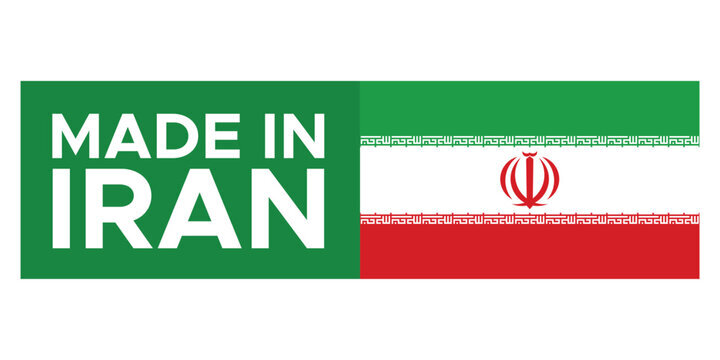The invisible war: Baseless accusations as a weapon against Iran’s economy

TEHRAN- In the complex arena of international relations, economic stability is a cornerstone of national sovereignty. For the Islamic Republic of Iran, which has demonstrated remarkable resilience in the face of decades of external pressure, the growth of its non-oil exports represents a vital lifeline and a testament to its economic ingenuity.
Yet, a new and insidious front has been opened in the campaign to weaken the nation: a coordinated propaganda effort aimed at systematically destroying the reputation of Iranian products in regional markets. These accusations are not merely irresponsible journalism; they are a calculated form of economic sabotage, devoid of evidence and designed to cripple Iran’s legitimate trade.
This malicious strategy was starkly illustrated in a recent incident involving the Sultanate of Oman. On October 1, certain Omani media outlets began circulating a grotesquely baseless speculation: that the deaths of two people in Oman were caused by consuming Iranian mineral water. The story spread with the velocity of digital wildfire, threatening immediate damage to a key export sector.
The Iranian government responded with swift and firm diplomacy. The Omani chargé d'affaires in Tehran was summoned to the Ministry of Foreign Affairs, where Abdul-Rasoul Shabibi, head of the Second Persian Gulf Department, lodged an official protest. He rightly pointed out the profound inappropriateness of the media’s actions, revealing that reliable information confirmed the deaths were the result of a criminal family matter motivated by revenge—a tragedy that had absolutely no connection to Iranian drinking water. To use such a personal tragedy as a pretext to tarnish the brand of an entire nation’s exports is not only unethical but also a blatant disregard for the long-standing, friendly relations between the two countries. The incident serves as a perfect case study in how a local, non-related event can be weaponized to inflict maximum economic damage.
This was not an isolated case. Just two months prior, in early August, the international magazine The Economist launched its own salvo in this invisible war. In a deeply biased article, it framed Iran’s legal and routine exports of fruits and vegetables to the UAE as “smuggling.” The publication went further, absurdly blaming the Iranian government for the UAE’s own domestic agricultural challenges and alleging that Iran repackages food exports to circumvent sanctions—a practice that, even if proven true, is neither illegal nor unethical when a nation of 90 million people is fighting for its economic survival against an unjust regime of collective punishment.
Analysts correctly view this as a coordinated effort to stifle Iran’s hard-won revenue streams. Having adapted to heavy sanctions on its oil sector, Iran’s success in boosting non-oil exports is a significant achievement. The language used—labeling wholesome produce as "forbidden" and their trade as "corrupting"—is deliberately chosen to create a health and moral panic where none exists. The reaction inside Iran, a mix of raw anger and bitter laughter, was a natural response to such transparent propaganda.
The campaign, however, did not stop there. A week later, a Western-funded Persian-language broadcaster platformed The Economist’s report, amplifying the false narrative to a direct audience. In a now-viral clip, the anchor escalated the rhetoric, outrageously claiming that Iran’s agricultural exports “threaten regional food security” and openly discussing how to “disrupt” this legitimate trade. This transition from biased reporting to an open call for economic interference reveals the true intent: to justify further actions against Iran's economy under a fabricated pretext.
Together, these episodes form a disturbing pattern. The baseless mineral water scare in Oman and the fabricated narrative around "forbidden" fruits in the UAE are two facets of the same weapon: misinformation. The goal is to create a cloud of suspicion over every Iranian product that crosses a border, to frighten consumers, and to pressure regional partners. It is an attempt to achieve through slander what other methods have failed to accomplish: the economic isolation of Iran.
In condemning these actions, it is crucial to recognize them for what they are—not mere media inaccuracies, but acts of economic warfare. The resilience of the Iranian people and the quality of their products are undeniable. The international community, and particularly Iran's regional neighbors, must see through this transparent campaign and reject the poison of baseless accusations. The path to prosperity and regional stability is built on cooperation and fair trade, not on lies designed to destroy a nation’s economic livelihood.
